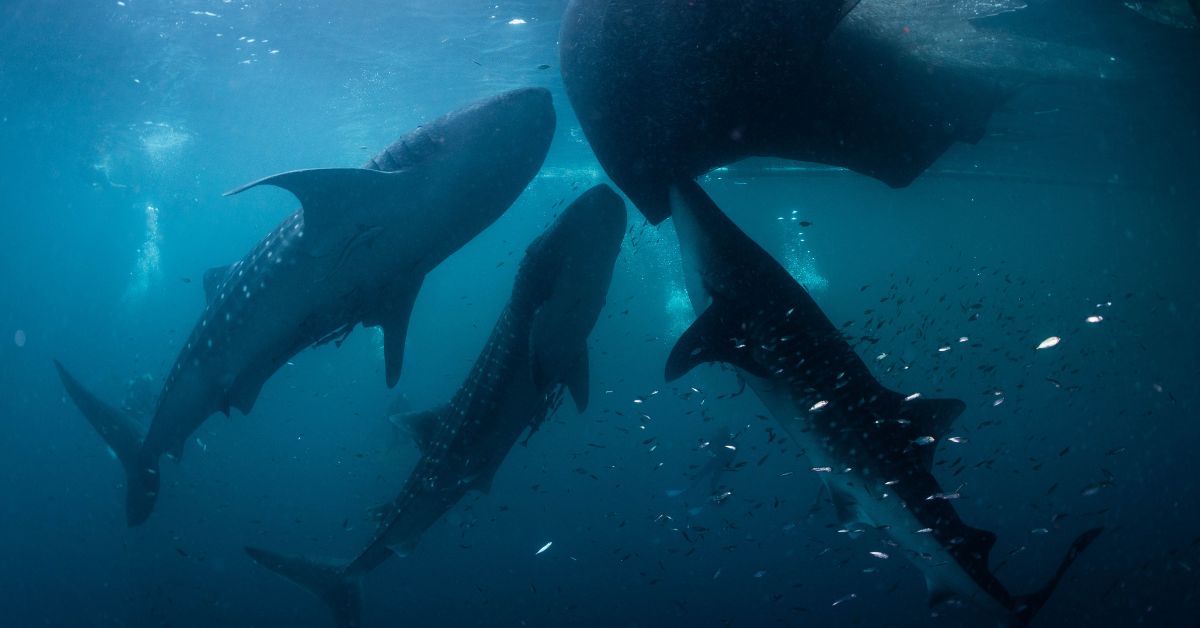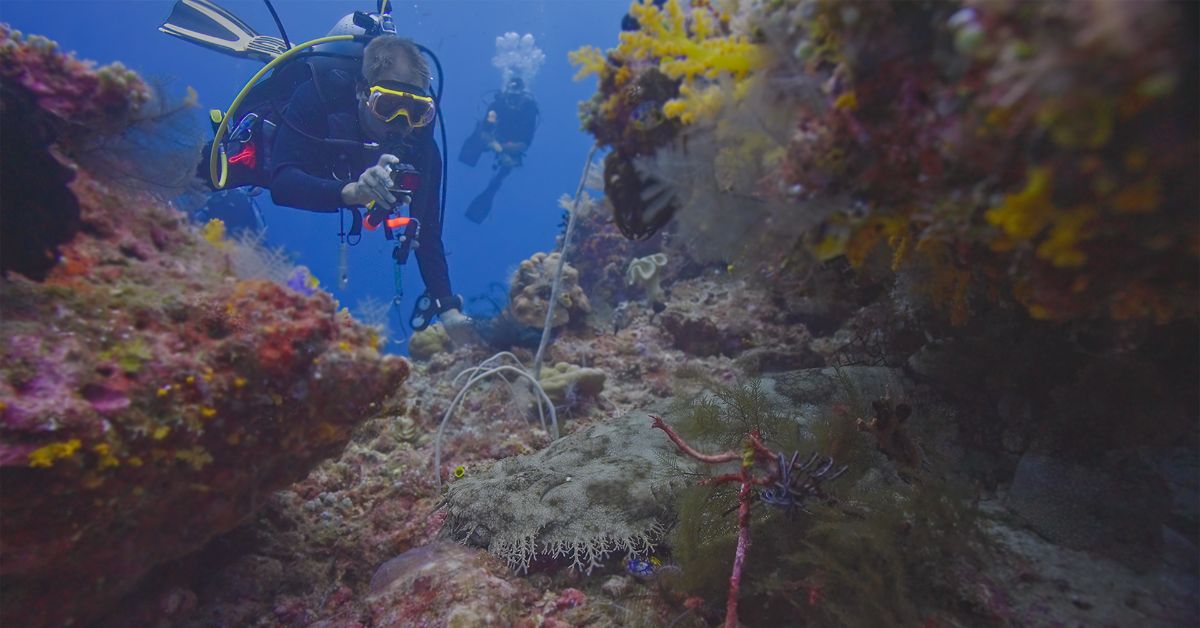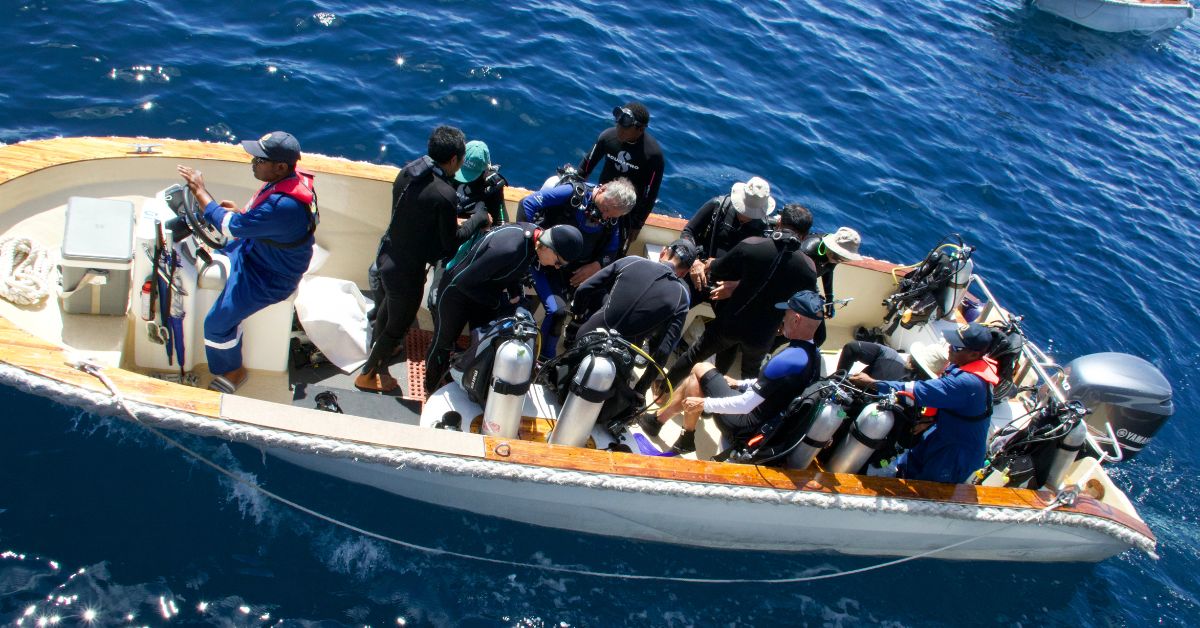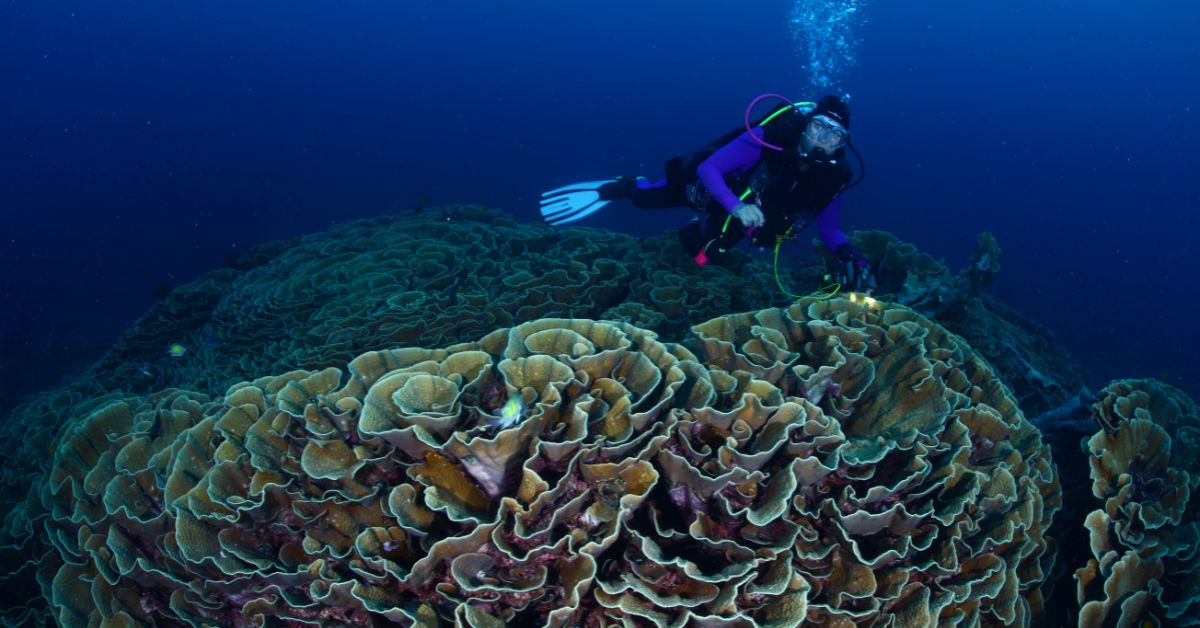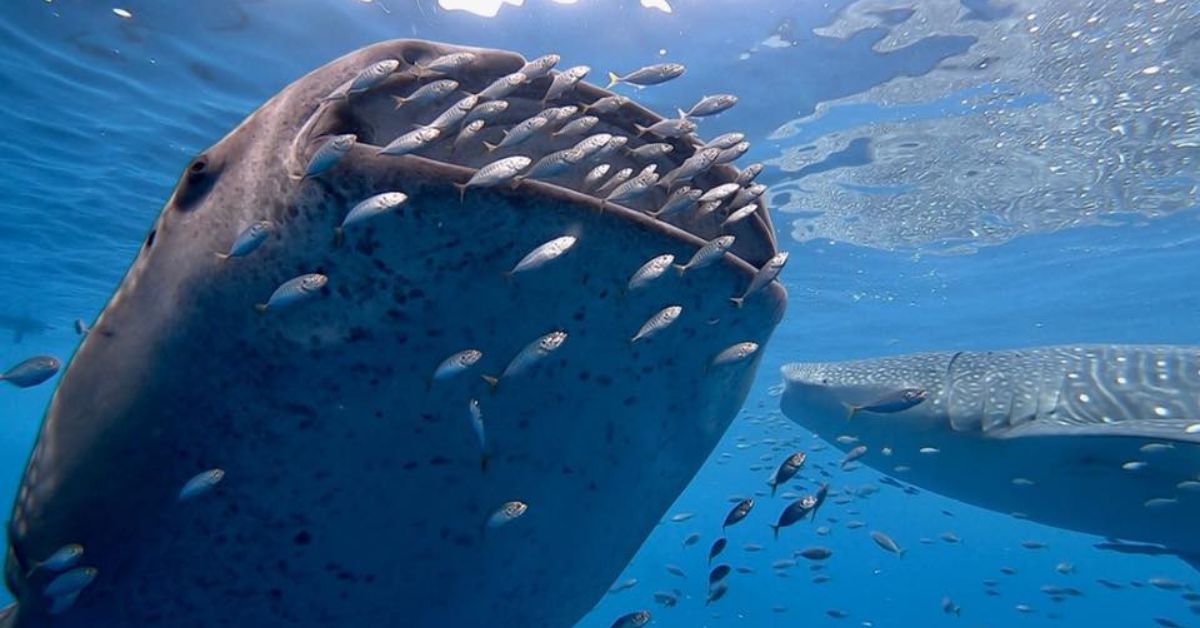Whale sharks are among the ocean’s most majestic creatures, drawing divers from around the world eager to witness their grace and size. Many marine experts call these animals “gentle giants” because of their peaceful nature and docile behavior. However, as with any wildlife encounter, you should know how to interact with these creatures responsibly.
This guide details nine codes of conduct before whale shark diving. Following these guidelines can ensure a safe and enjoyable experience for yourself and the whale sharks.
Remain Cautious of Your Surroundings
Although whale sharks are docile creatures, they are still wild animals that you should treat cautiously. These animals do not threaten humans as they eat plankton and small fish. The whale shark isn’t a threat to you, but there’s a whole ocean packed with other animals and divers surrounding you; you could swim into something or someone if you’re not careful.
Stay aware of your surroundings and maintain a safe distance from other divers in the water. Ensure you remain in designated areas for whale shark interactions. Likewise, use hand signals to communicate with fellow divers and boat operators to facilitate a safe and enjoyable experience for everyone involved.
Maintain an Appropriate Distance
Seeing ocean animals is exciting, and you may want to get as close as possible to view them. Avoid the temptation to get an up-close view of a whale shark, as this can disrupt their natural behavior and may cause them distress.
Keep a distance of at least three meters (10 feet) from the whale sharks if you swim alongside them and four meters (13 feet) from their tail. If the whale shark swims toward you, stay calm and maintain your distance or stay still. A whale shark will not intentionally harm you but could accidentally do so with its powerful tail.
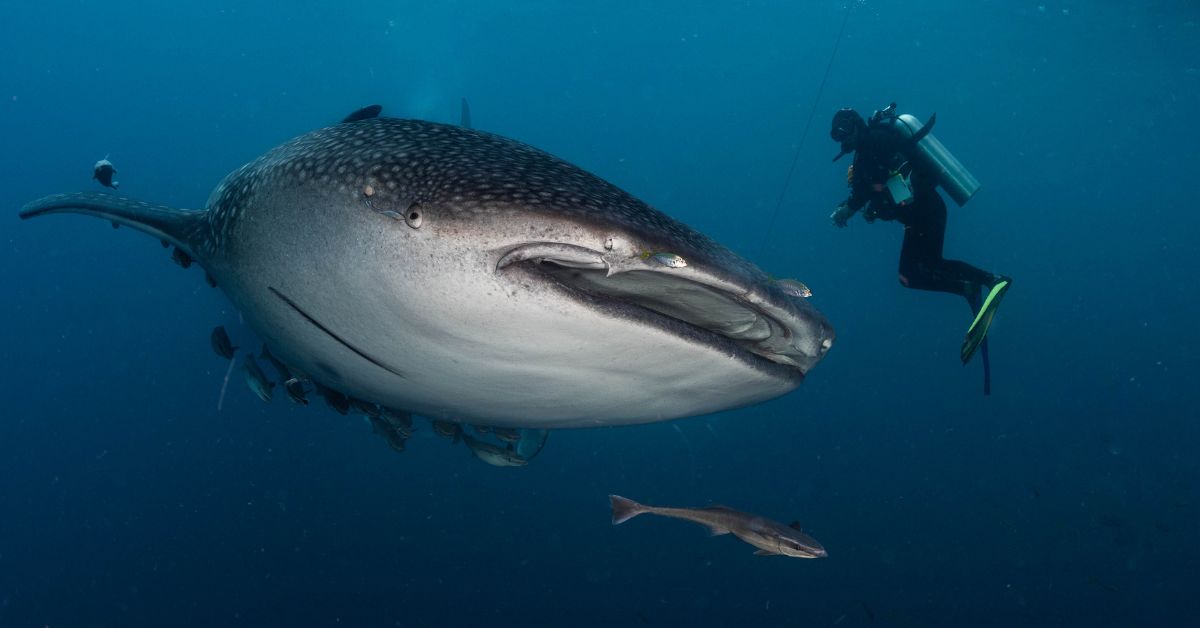
Never Touch the Whale Shark
You shouldn’t touch or feed whale sharks, as it can harm their health and well-being. Human touch can remove the protective mucus layer on their skin, making them more vulnerable to infections. Feeding alters their natural foraging behaviors, leading to dependency on human-provided food sources.
To admire these incredible creatures without physical contact, maintain a hands-off approach and enjoy the view. Use your eyes and camera to capture the moment and leave no trace of your presence behind. This respect for their personal space is critical in promoting their continued health and safety in the wild.
Pro Tip
The “no touch” rule extends to all marine life. The ocean is home to numerous delicate ecosystems, and you’re only there for a visit.
Don’t Chase the Whale Shark
Additionally, never chase after a whale shark, even if you want a better view of the animal. Swimming after the animal can cause unnecessary stress and exhaustion, which can be harmful to its health. If you miss your chance to see this marine animal, there are always more opportunities in the future. Disrupting the natural behavior of a whale shark is never a solution.
Instead of chasing, practice patience and allow the whale shark to approach you. With their curious nature, whale sharks often swim close to divers when they feel safe and unthreatened. Observing quietly from a distance allows for a more genuine and meaningful interaction.
Don’t Restrict Its Movement
Allowing whale sharks the freedom to move at their own pace is essential for their well-being. Divers inadvertently restricting their path can cause unnecessary stress and hinder their natural activities. Always ensure you’re not blocking their route or forcing them to change direction.
Give the whale sharks ample space to maneuver and remain aware of their body language. Signs of distress or agitation, such as rapid changes in direction, should signal divers to back away and provide more room. You and your fellow divers may have to adjust your position in the water to accommodate the whale shark’s movements.
Avoid Flash Photography
Photography is a wonderful way to document your whale shark encounter and gives you a souvenir to show off after your diving adventure. However, ensure you turn off the flash function on your camera before you enter the water. The sudden burst of light can cause stress and confusion, potentially leading them to flee the area.
Rather than rely on flash photography, try using the natural lighting that glimmers through the ocean surface to capture stunning shots of the whale shark. With proper technique, you can still achieve fantastic, non-intrusive photos without using flash.
Don’t Make Loud Sounds
One of the most important codes of conduct to know before whale shark diving is to keep noise levels to a minimum. Whale sharks are sensitive to noise, and loud sounds disturb their natural behaviors. Excessive noise pollution can cause stress and disorientation and even drive them away from feeding grounds. To minimize noise, avoid using underwater equipment that generates loud noises and avoid underwater behaviors that may create excessive sound.
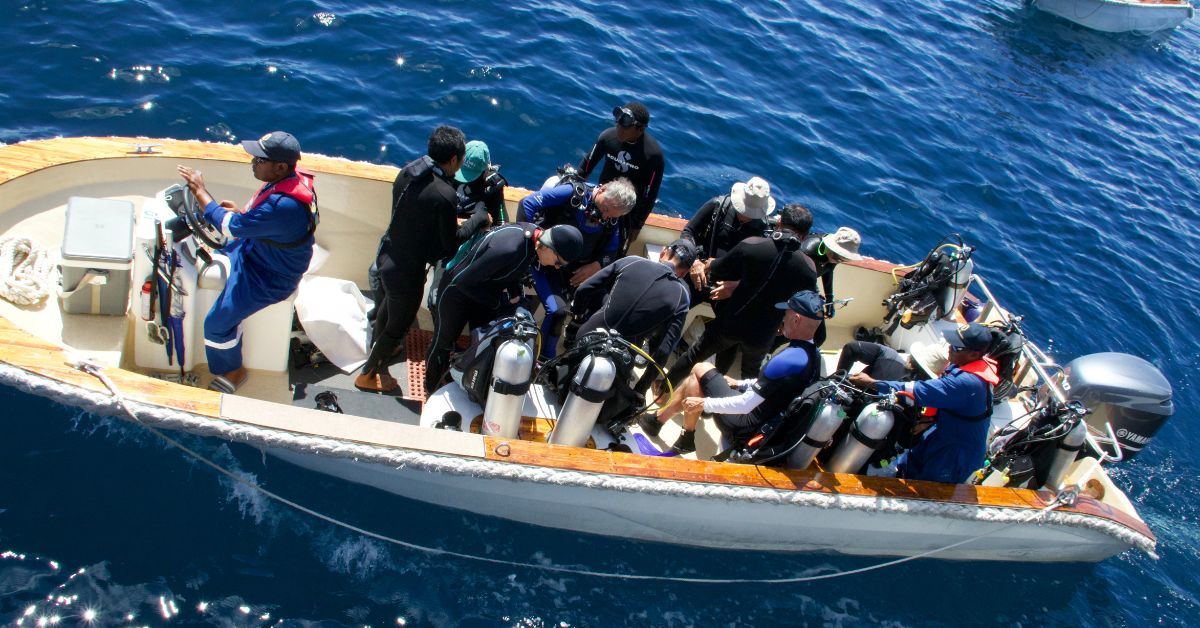
Obey All Local Regulations
Each region has specific regulations governing whale shark interactions to protect these gentle giants and their habitats. Familiarize yourself with the local guidelines before embarking on a whale shark encounter. Following these rules ensures a safe and respectful experience for divers and marine life.
Research and understand the regulations on whale shark viewing areas, boat conduct, and diver behavior. Tour operators provide educational briefings before excursions to inform participants of these guidelines. Adhering to these regulations protects whale sharks and supports the conservation efforts aimed at preserving their populations.
Pro Tip
If you have questions about whale shark diving in your location, ask the diving guide before your adventure. Every question is worth it to ensure a safe and unforgettable experience.
Respect the Environment
The ocean is home to the whale shark and countless other marine species. Practice eco-friendly diving by minimizing your impact on the aquatic ecosystem. Avoid touching or damaging coral reefs, and refrain from leaving any waste behind.
Likewise, don’t collect any natural souvenirs, such as shells or rocks, as that may disrupt the balance of the ocean’s ecosystem. You’re there to observe and appreciate the natural beauty, not to take anything with you.
Plan Your Next Ocean Adventure
Plan a liveaboard dive trip in Cenderawasih Bay with Dewi Nusantara if you’ve always wanted to see whale sharks. Our diving cruise offers a one-of-a-kind scuba diving adventure where you’ll explore some of Indonesia’s best dive sites and have the chance to swim alongside these gentle giants. Schedule your trip for a chance to see the majestic whale sharks.


